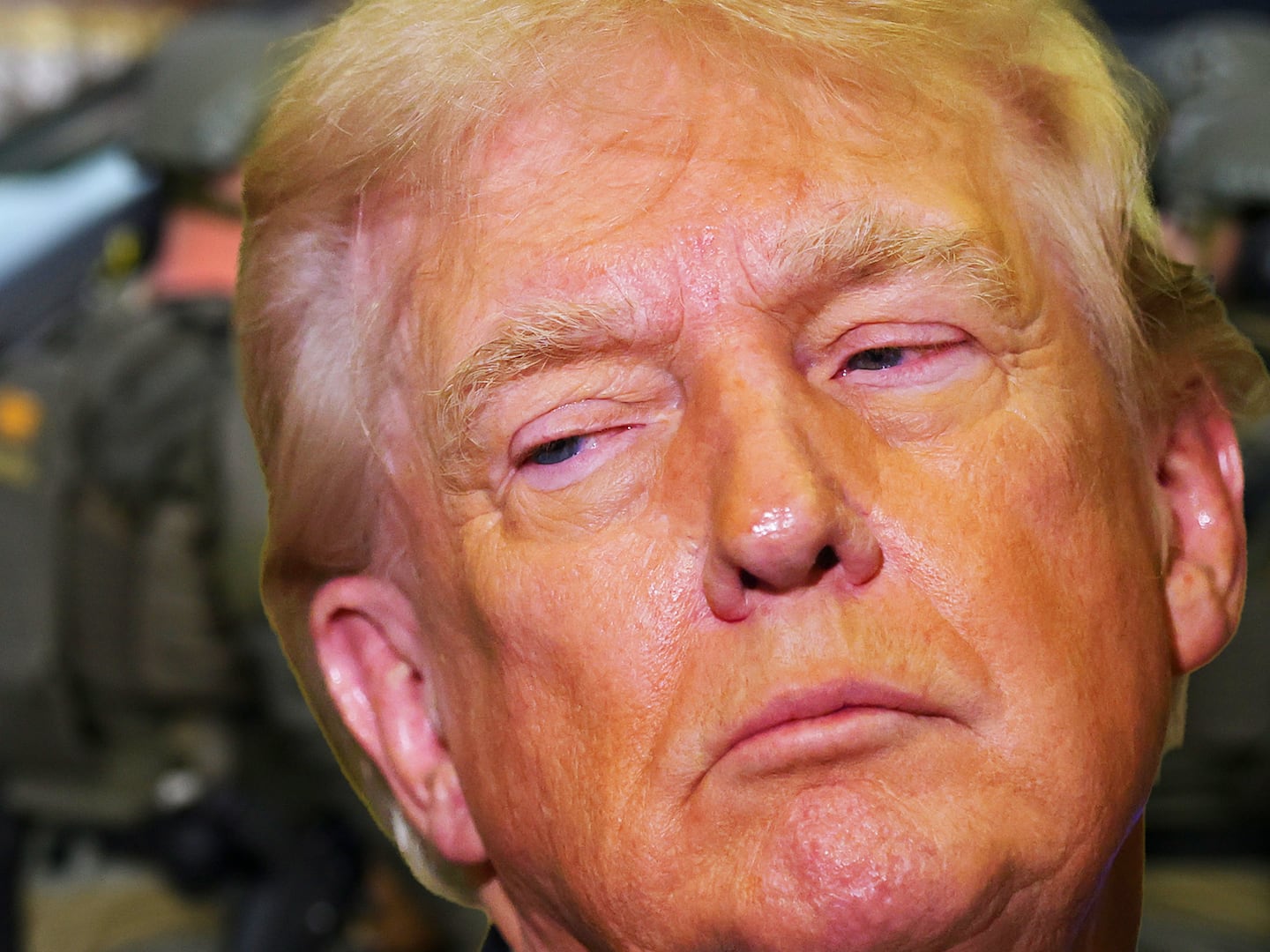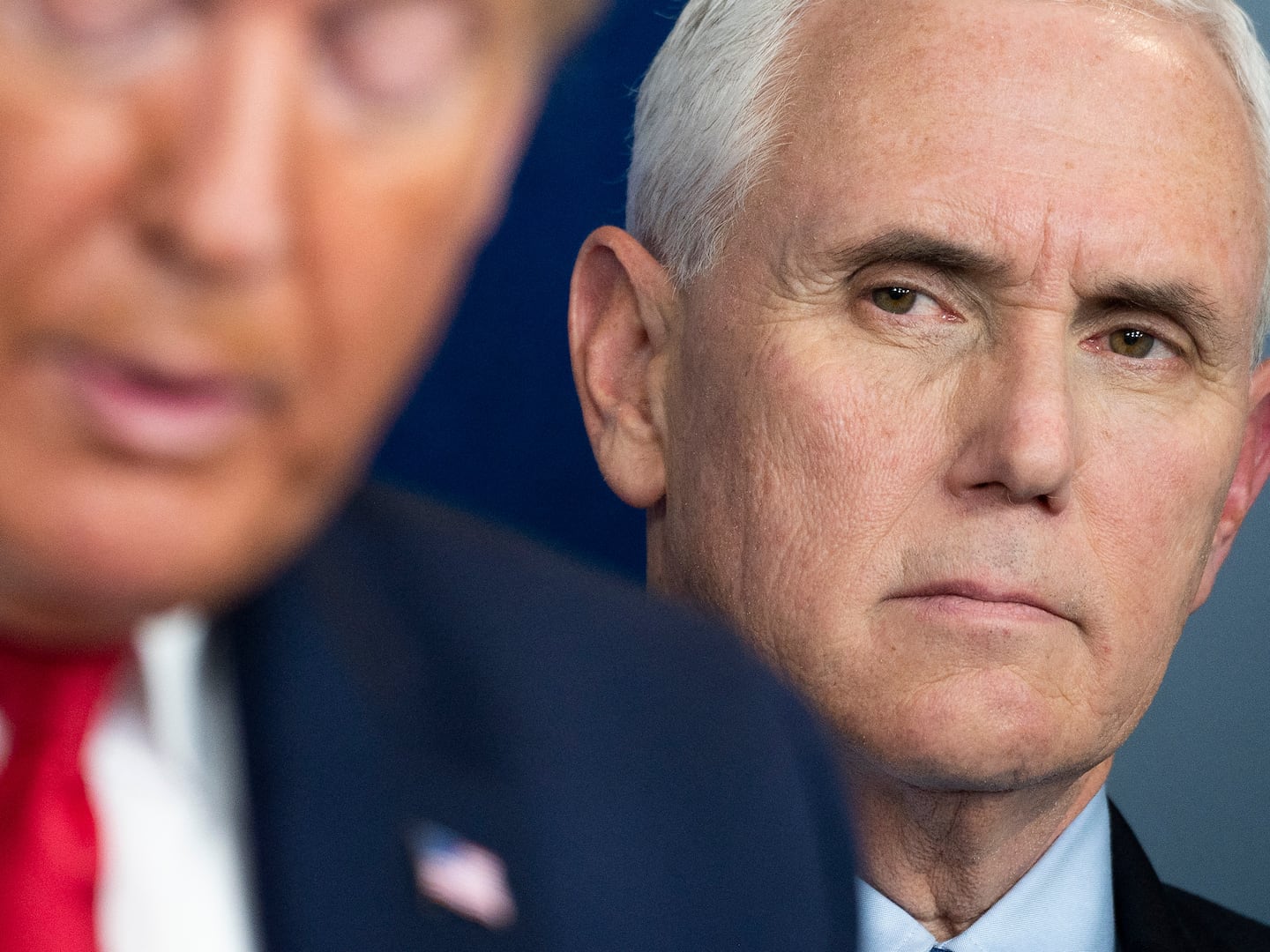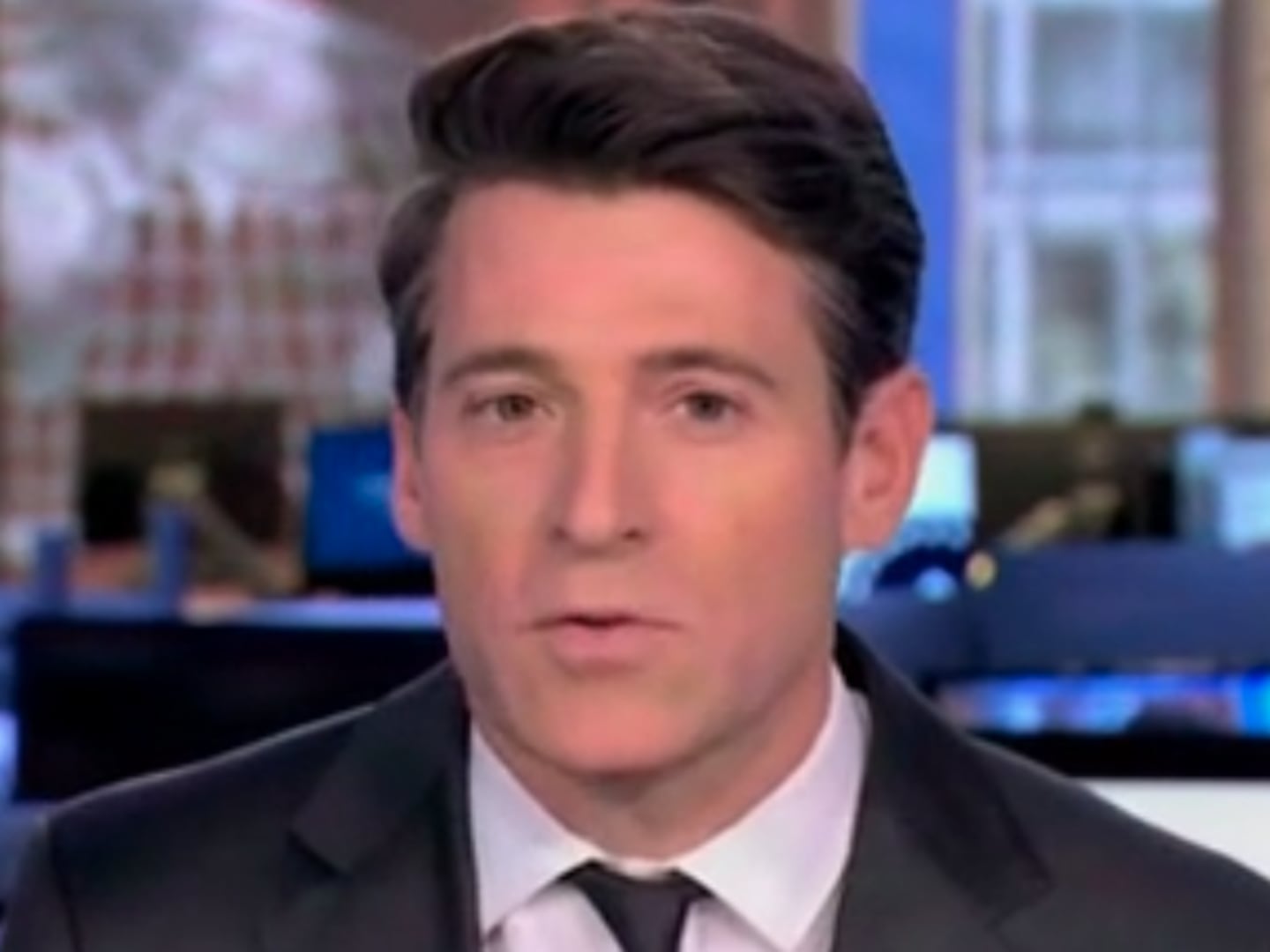Where did you grow up?
In a New York City apartment with my parents, a cat, a sister, and an Atari.
Where and what did you study?
I went to Brown University, where I specialized in introductory courses (history, anthropology, economics, biology, psychology, literature, Spanish, and a couple of dozen others). If I could have majored in intro classes, I would have. I wish I lived in the 19th century, where you didn’t have to specialize. You could be a generalist—a poet/mollusk scientist/seafarer/surgeon. I ended up majoring in philosophy, a choice that made my English-majoring friends look practical in comparison.
You’ve engaged in all manner of total-immersion experimental projects. Any one you are most proud of?
Perhaps The Year of Living Biblically. Which is ironic, of course, since pride is a sin. But I’m glad that I was able to explore a complicated topic with an open mind, and I love getting emails from readers who say the book changed their lives for the better.

What’s your morning routine like?
My kids wake me up. I have coffee (overall a healthy beverage, by the way; delays Alzheimer’s and lowers risk of certain cancers). I make my kids breakfast, take them to school, then come home and try to write. I fail at that until I force myself to turn off my Internet access so I can get a little shelter from the information storm.
Do you have any distinctive habits or affectations?
I prefer the elbow bump to handshaking. It’s actually the greeting recommended by the World Health Organization. The theory being, your elbow doesn’t have as many germs. It’s also harder to rub your eyes with your elbows—I just tried it.
What is your favorite item of clothing?
Silk long underwear. I wear long underwear not just in the winter, but in the spring, fall, and occasionally the summer. Why does the upper body get two or three layers of protection but the legs have to suffice with one? Seems unfair.
Please recommend three books to your readers.
The Better Angels of Our Nature, by Steven Pinker. It argues the world is a much less violent place than it used to be. It’ll make you feel more optimistic about the human race.
Me the People by Kevin Bleyer. A hilarious look at the U.S. Constitution by a Daily Show writer.
To the Last Breath, by Francis Slakey, about a scientist who climbs the highest mountain on every continent.
What book do you wish you had written?
Catch-22. How can you not be jealous of a book that became a common phrase?
Do you have a writer friend who helps and inspires you?
I have several writer friends who are kind enough to read my manuscripts and make comments. My token conservative friend John Podhoretz is particularly helpful. He’s a great editor. Plus, he’s the fastest writer in America—he’s probably written three articles in the time it took me to answer this question. So he’s inspiring in that way. Dispiriting, but inspiring.
Name a work of art, in any medium (book, film, painting, etc.) which inspires you.
I want to say something obscure to make me look smart, like a Tintoretto painting. But instead I’m going with Annie Hall. I thought it was brilliant the way Woody Allen incorporated all sorts of formats into the movie—remember the Snow White cartoon parody? Or the scene with subtitles of what the characters are actually thinking? Or when Alvy Singer and Annie watch a flashback of her former boyfriend. So innovative.
Describe your writing routine.
I am a big fan of outlining. I write an outline. Then a slightly more detailed outline. Then another with even more detail. Sentences form, punctuation is added, and eventually it all turns into a book.
Do you have any unusual rituals associated with the writing process?
I used to drink a lot of Diet Coke to keep me wired. But when writing a book about health, it’s hard to justify three Diet Cokes a day, so I had to quit. I still miss it.
Is there anything distinctive or unusual about your work space?
I write while walking on a treadmill. I’m doing it right now. I started this practice when I was working on Drop Dead Healthy, and read all these studies about the dangers of the sedentary life. Sitting is alarmingly bad for you. One doctor told me that “sitting is the new smoking.” So I bought a treadmill and put my computer on top of it. It took me about 1,200 miles to write my book. I kind of love it—it keeps me awake, for one thing.
Besides the obvious, what do you keep on your desk?
There’s not much room on the treadmill for anything but my water bottle. But on my more traditional seated desk, there’s a stack of books I’ve been meaning to blurb and, for reasons unclear to me, a bottle of hydrogen peroxide.
What is the view from your favorite work space?
A collection of my kids’ drawings. I’m looking at one I call “Orange Man With a Total of Six Fingers, by Lucas Jacobs (2011).”
Describe your ideal day.
A day when the writing flows, the Internet is speedy, and my kids have hammered out a peace accord with each other.
Describe your evening routine.
I read to my kids. They are big fans of Mo Willem’s work, including one called We Are in a Book, which, as David Plotz of Slate pointed out, is the most existentially terrifying work in modern literature. The Piggie and Elephant realize they are characters in a book and, by the end, are pleading with the reader to start over from the beginning, so they won’t cease to exist. It makes you feel quite guilty when you put it down.
What do you do to relax?
I recently figured out how to download HBO GO. I spend an alarming amount of time watching back episodes of The Wire, Eastbound and Down, and Girls. I’m still trying to get hooked on Game of Thrones, since I’ve been told repeatedly that it’s a work of art that rivals a Tintoretto masterpiece. (I’m trying to drop Tintoretto’s name repeatedly, hoping all Tintoretto Google searches will end up here.)
What is guaranteed to make you laugh?
Stephen Colbert. I even love the words they use to describe him in the opening credits. A particular favorite: “Hetero Sapien.”
Do you have any superstitions?
Not to sound proud, but I’ve had mild OCD long before it was so trendy and a go-to trait for romantic-comedy characters. Among my rituals: I touch the sink twice after turning it off. When I shut off the radio, the last word I hear must be a noun—not a verb, or adjective, or preposition. I avoid clinking glasses during the toast, since there is a slight chance of bacteria transfer.
What is something you always carry with you?
I almost always have a set of earplugs with me—usually Sonic Defenders by SureFire. My health project taught me that noise pollution is actually a serious health threat. It raises your blood pressure and can cause heart disease over the long term. So I plug up on the subway, or at Starbucks, or when my kids are yelling.
What is your favorite snack?
Dried mangoes. They have the veneer of being healthy, but they’re really just orange-colored sugar. During my health project, I tried several methods to kick the dried-mango habit. One of the more effective: I had my wife write a check to a horrible organization—I believe it was the American Nazi Party—and had her promise to mail it in if I ate another dried mango. The thought of her mailing the check was so repulsive I stopped eating the mangoes cold.
What phrase do you overuse?
Whenever my wife makes a mistake (forgets to tell me about a dinner date, for instance), I say the same thing: “That’s okay. I still love you. Not as much, of course.” This might have amused her the first time. Now I need to stop saying it.
What is a gadget/object/collectible that you could not live without?
My iPhone. I listen to podcasts on it at double speed, so I get twice as much NPR in an hour as your average guy. The only downside is that I’m so used to hearing double-speed conversations, when I talk to someone in real life, I’m thinking, “What is the matter with this person? Why is he talking soooo sloooow.”
If you could bring back to life one deceased person, who would it be and why?
Aside from the obvious (grandparents and other relatives), I might go with Thomas Jefferson. I’d like to set up a lunch between him and Justice Antonin Scalia, so he could tell Scalia about the original intent of the Constitution. They could air it on C-SPAN. It’d be a hoot.
Is there a fictional character with whom you identify?
Have you ever read the 1971 cult novel The Dice Man by Luke Rhinehart? It’s about a psychiatrist who makes all his life decisions—both important and trivial—based on a roll of the dice. For instance, if the die comes up 4, he’ll have pizza for dinner. If it’s 3, he’ll have grilled chicken. Should he leave his wife? He rolls the die to find out. And so on. Now, I don’t totally relate to this character, because he turns into a horrible person. The dice tell him to become a murderer and rapist, which I plan to avoid. But on a surface level—the idea of experimenting with one’s life—that I totally identify with.
Tell us a funny story related to a book tour or book event.
I’m always amused when readers bring library books for me to sign. It happens a surprising amount. Every time, I get worried that I’m defacing government property by signing without the library’s permission.
What would you do for work, if you were not a writer?
When I read the encyclopedia, I made a list of the best and worst jobs in the world. The best was probably Supreme Court Justice in the 19th century, because they worked a total of seven weeks a year, giving them a comfortable 45 weeks of vacation. Others made it onto my list mostly for the cool job titles, like Printer’s Devil, or Abbot of Unreason (the guy in medieval Scotland in charge of the Christmas festivities). So I’d maybe be one of those. The worst job I found was the guy who takes care of Lenin’s corpse.
What advice would you give to an aspiring author?
Force yourself to generate dozens of ideas. A lot of those ideas will be terrible. Most of them, in fact. But there will be some sparkling gems in there too. Try to set aside 20 minutes a day just for brainstorming.
What would you like carved onto your tombstone?
I’d like a tombstone with an LED screen built in. It would show photos and video footage—e.g. my humiliating appearance on Who Wants to Be a Millionaire. Speaking of which, it could have a trivia game about my life to keep the kids interested. Everyone should have an interactive tombstone. Tombstone technology hasn’t changed in a millennium. Time for an update.
Tell us something about you that is largely unknown and perhaps surprising.
I have an extensive collection of airsickness bags. Or actually, I did. I donated them to the airsickness-bag museum.
What is your next project?
I get tons of suggestions from readers—and my own family (my sons want me to spend a year eating nothing but candy, and offered to co-write the book with me). But as of today, I’m still deciding.
This interview has been edited and condensed.






